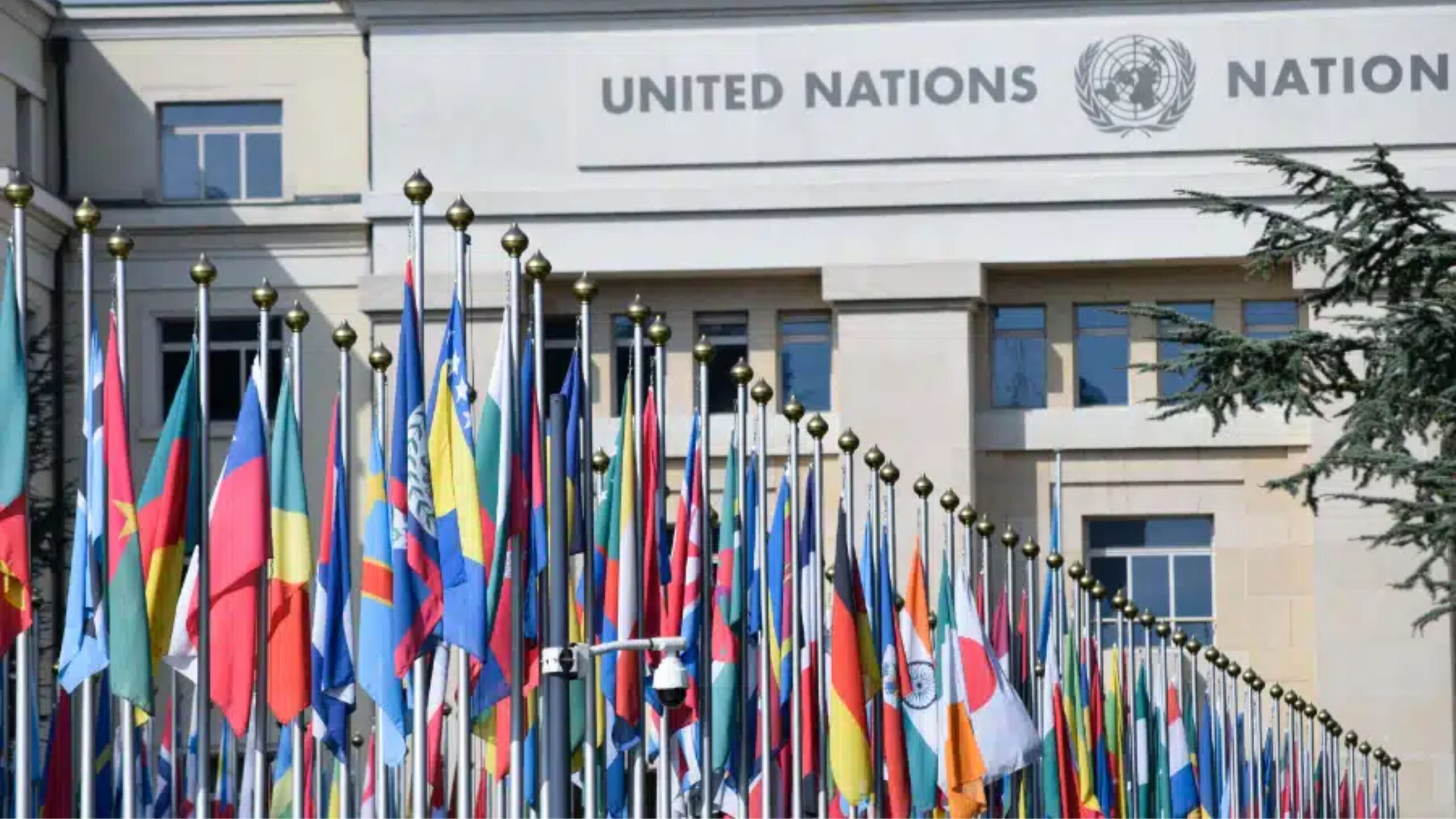 A ‘strong presence’ of fossil fuel and chemical industry lobbyists is overshadowing the Intergovernmental Negotiating Committee (INC-5.2) talks in Geneva seeking to determine a global plastics treaty, the Center for International Environmental Law (CIEL) has said.
A ‘strong presence’ of fossil fuel and chemical industry lobbyists is overshadowing the Intergovernmental Negotiating Committee (INC-5.2) talks in Geneva seeking to determine a global plastics treaty, the Center for International Environmental Law (CIEL) has said.
CIEL reported that at least 234 industry lobbyists have registered for the talks, surpassing the total (221) that attended INC-5, which ‘raises concerns about corporate influence at a pivotal moment — when negotiators are expected to finalise the treaty text and lay the groundwork for its adoption’.
According to CIEL, the number of fossil fuel and chemical industry lobbyists in attendance outnumbers the combined diplomatic delegations of all 27 European Union nations and the EU combined (233), with some firms seeing strong representation, including Dow, ExxonMobil, and the American Chemistry Council.
Invested interests
“Fossil fuel companies are central to plastic production, as over 99% of plastics are derived from chemicals sourced from fossil fuels,” commented Ximena Banegas, CIEL global plastics and petrochemicals campaigner. “Many of these companies are facing legal scrutiny over their role in the climate crisis.
“After decades of obstruction in the climate negotiations, why would anyone think that they would suddenly show up in good faith in the Plastics Treaty talks? Involving the very corporations that profit from harm in shaping the path forward guarantees one thing: a treaty that protects their bottom line, not the public or the planet.”
CIEL suggests that the presence of these lobbyists goes beyond formal participation; rather, they are seeking to apply pressure on certain countries, lobby during intersessional periods, and shape the final treaty in ways that protect commercial rather than environmental or public health priorities.
Prioritising profit
“Communities are suffering from the emissions of the petroleum and petrochemical industries, which supply plastics’ raw materials,” added Dr. Vishvaja Sambath, Centre for Financial Accountability (CFA), on behalf of the Break Free From Plastic movement. “Yet, at these negotiations, major oil-producing nations appear indifferent to both people and the planet.
“Their priority remains profit, so much so that they openly insist the treaty must only address plastic consumption and plastic waste mismanagement, while excluding any measures on production or extraction.”
Elsewhere, Pamela Miller, co-chair of the International Pollutants Elimination Network (IPEN), said that the group was “appalled not just by the sheer numbers of petrochemical industry lobbyists at the negotiations. Their presence represents an unbalanced power dynamic aimed at undermining the treaty and the urgent need to protect our health.”
The analysis was conducted by CIEL, supported by the International Indigenous Peoples’ Forum on Plastics (IIPFP), the International Pollutants Elimination Network (IPEN), the Break Free From Plastic movement, the Global Alliance for Incinerator Alternatives (GAIA), Greenpeace, the Stop Tobacco Pollution Alliance (STPA), the International Alliance of Waste Pickers (IAWP), and Public Services International (PSI). It is based on the United Nations Environment Programme’s (UNEP) provisional list of INC-5.2 participants. Read more here.
This article was originally published in Sustainability Online and you can read here.
Centre for Financial Accountability is now on Telegram and WhatsApp. Click here to join our Telegram channel and click here to join our WhatsApp channel, and stay tuned to the latest updates and insights on the economy and finance.

